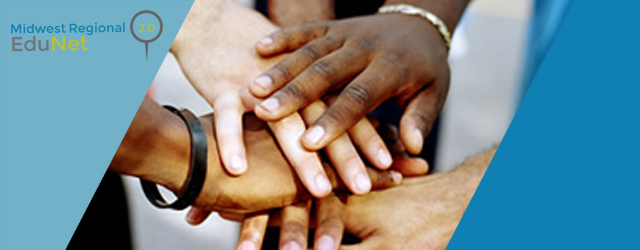Brief Overview: Cases of child abuse involving a teenage victim presents its own unique challenges for prosecution. Understanding adolescent brain development is important for forensic interviewers as well as investigators and prosecutors. Preparing the case requires not only thorough investigation but thoughtful communication with a teen victim to obtain the facts of the crime and provide essential information about the prosecutor’s role and judicial process. This approach will facilitate building a strong criminal case for prosecution. Expert Presenter: Beth Merachnik, JD, serves as the Deputy Director of the Association of Prosecuting Attorney’s (APA) Child Abuse Prosecution Project. She is the…
Working with Teen Victims: Tips for the Investigation and Prosecution of Child Abuse Cases

